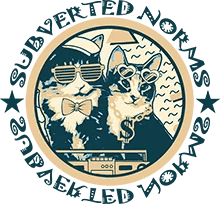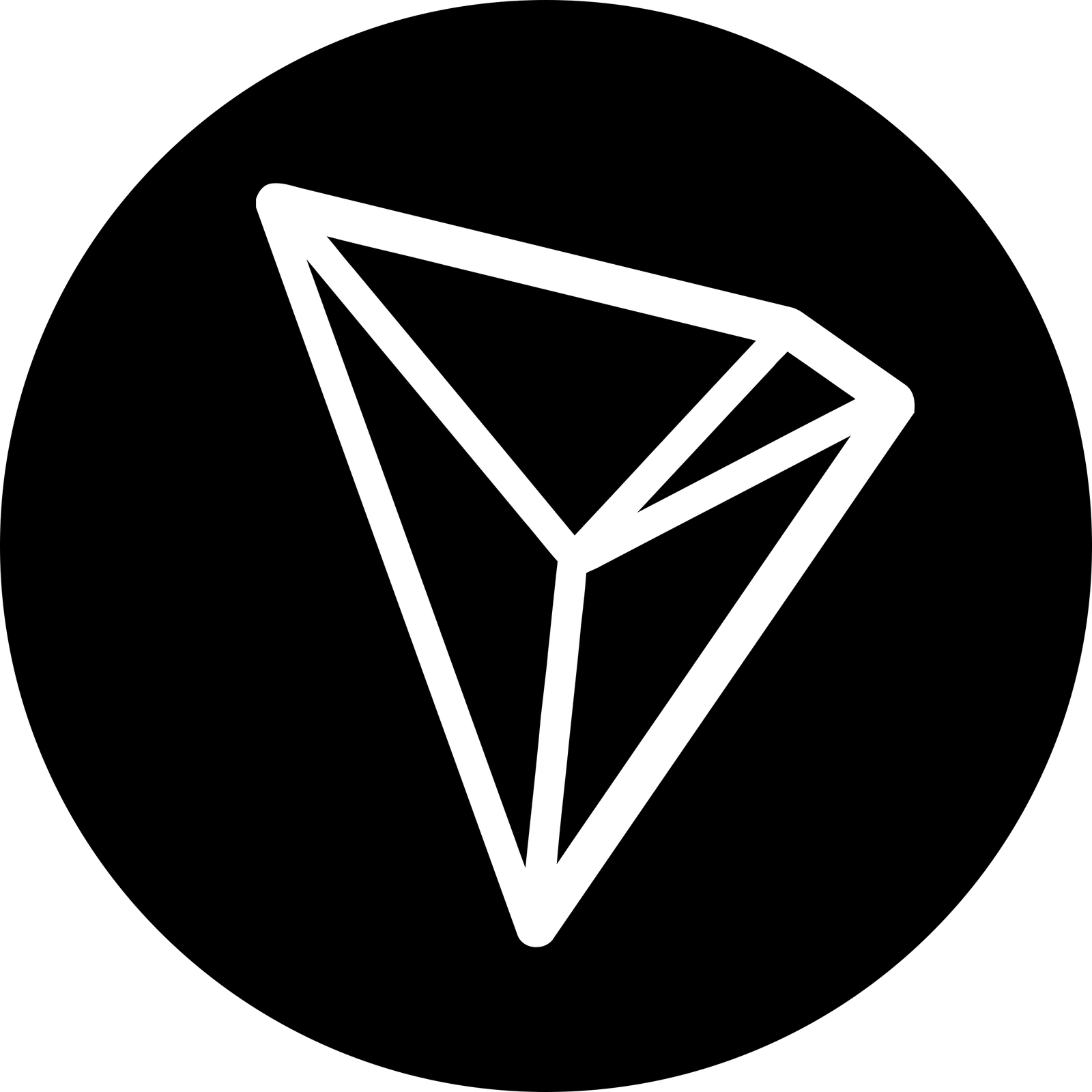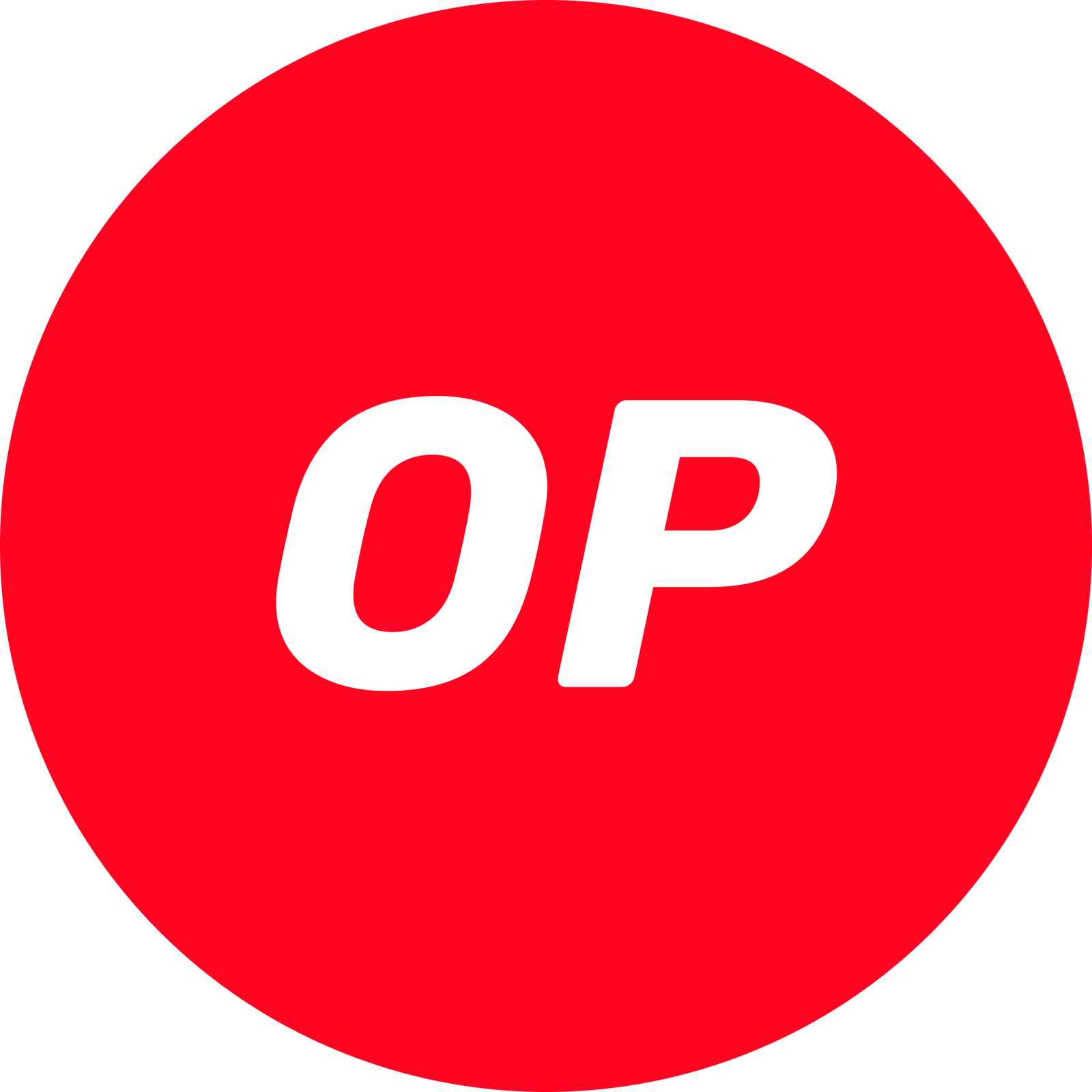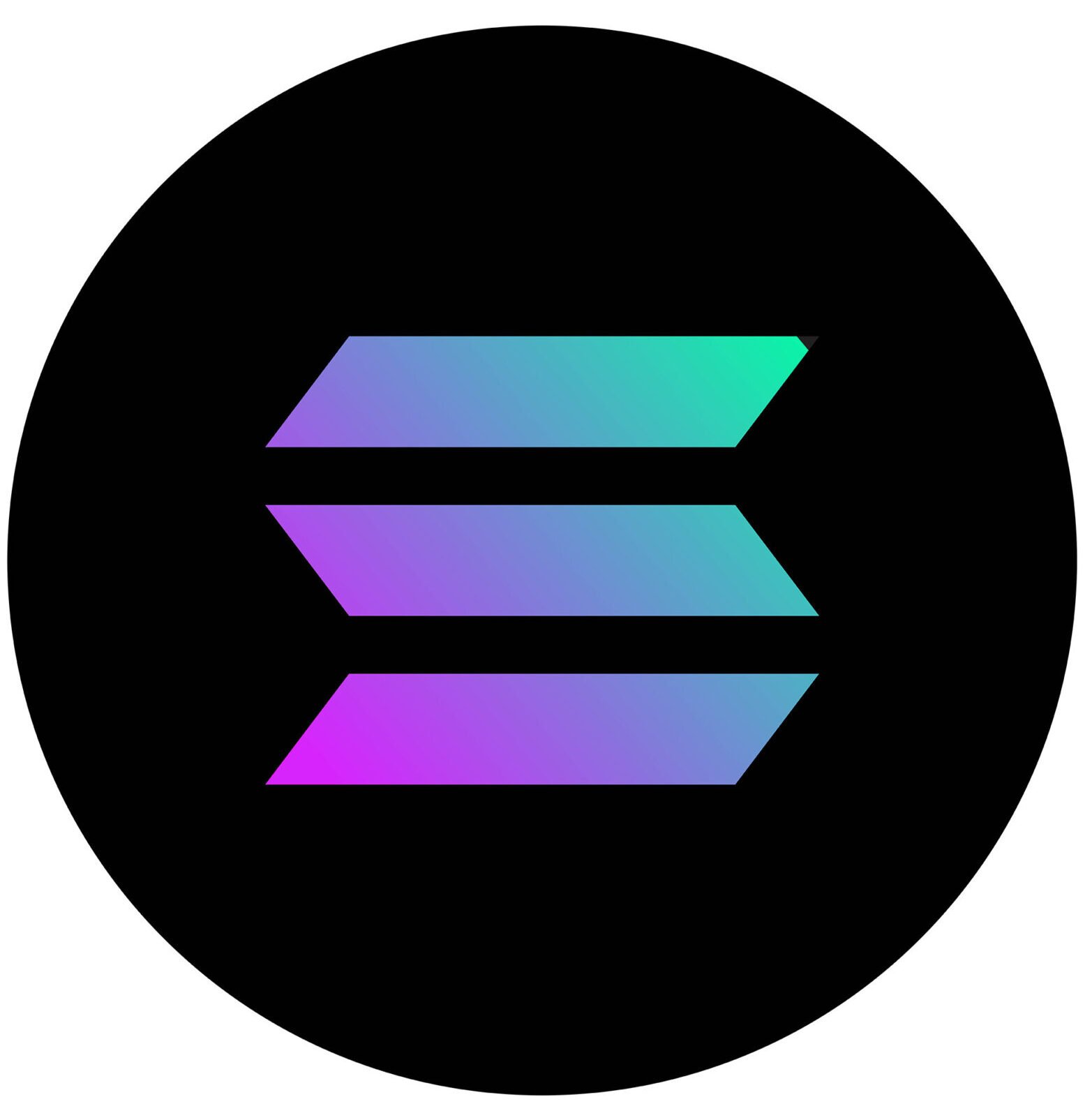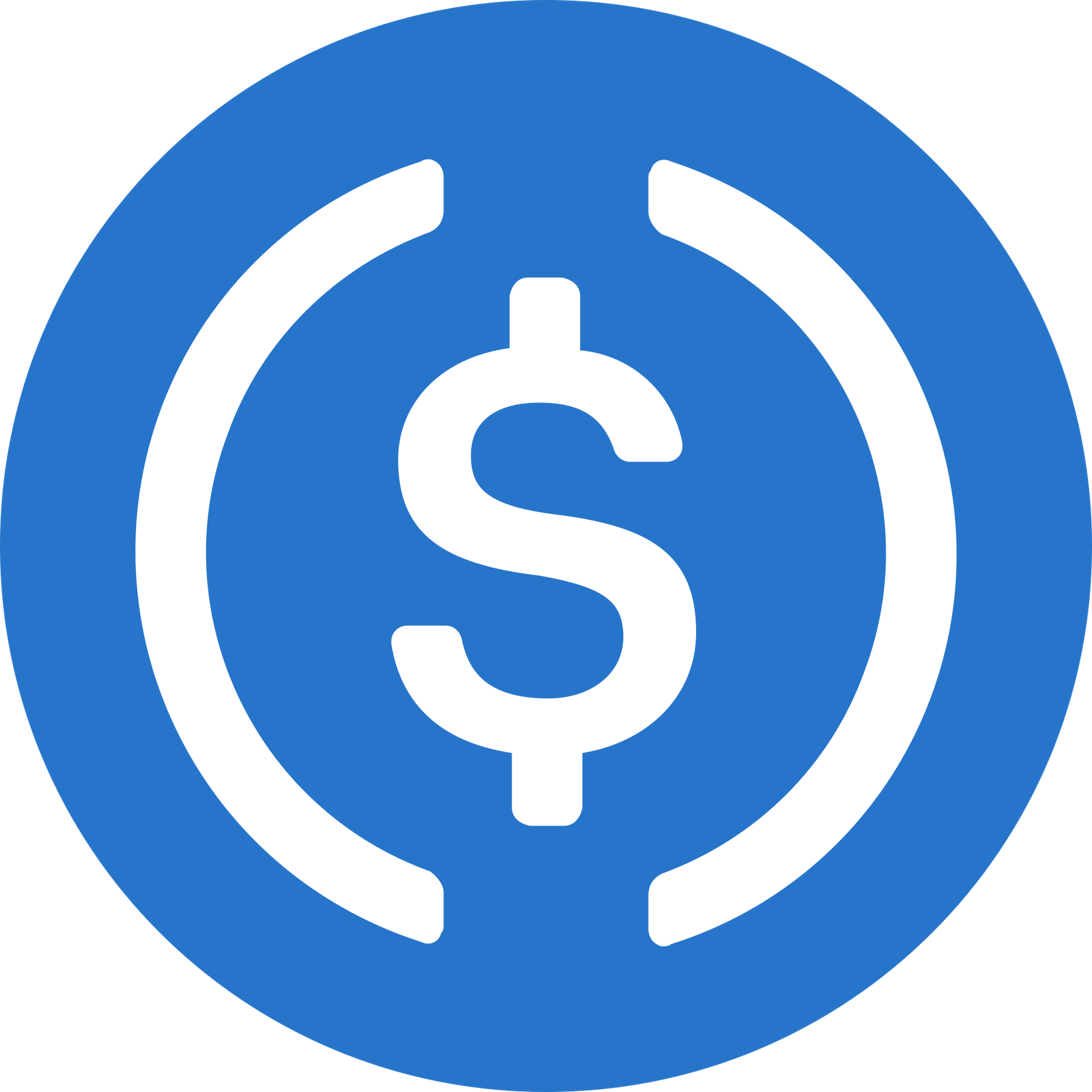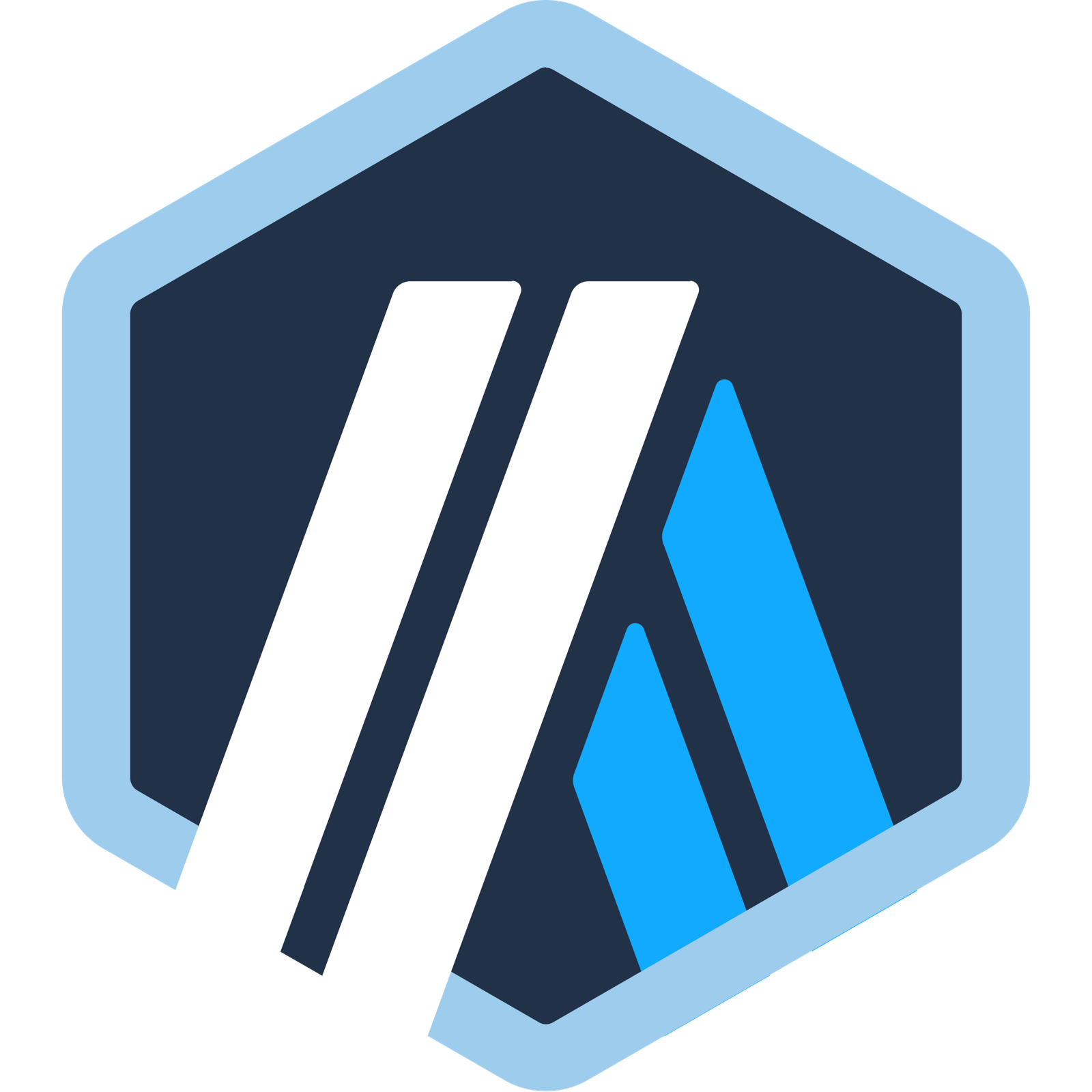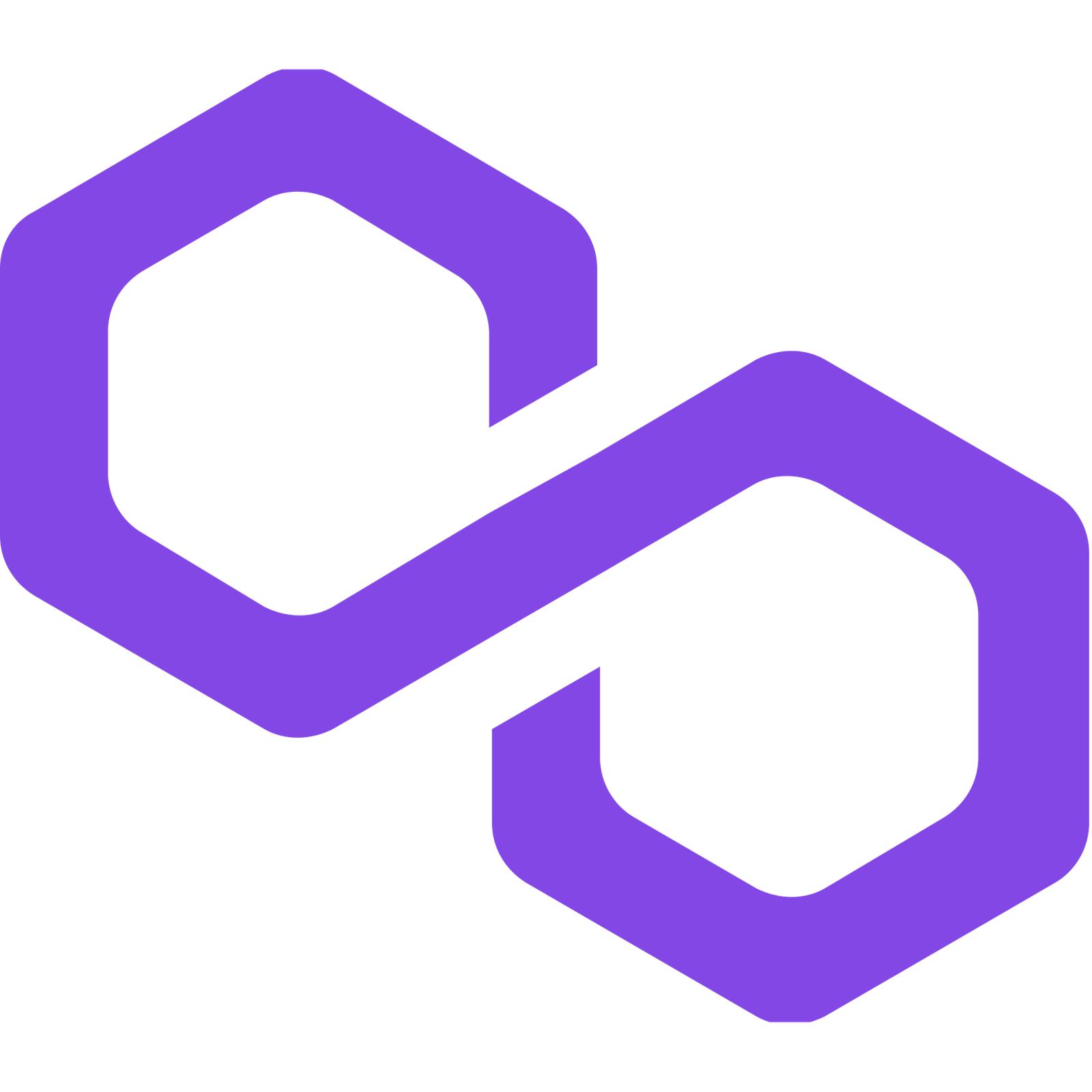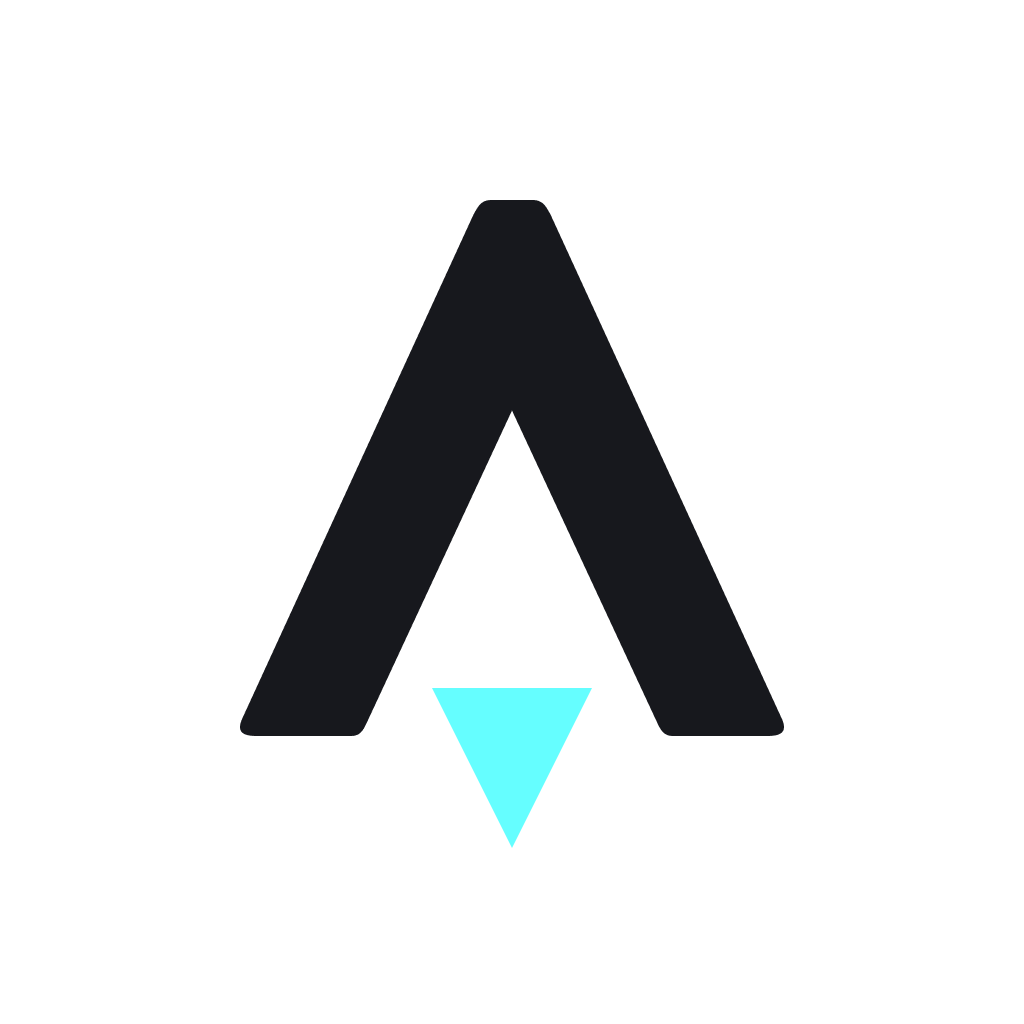Unlocking the Future: What is a DAO?
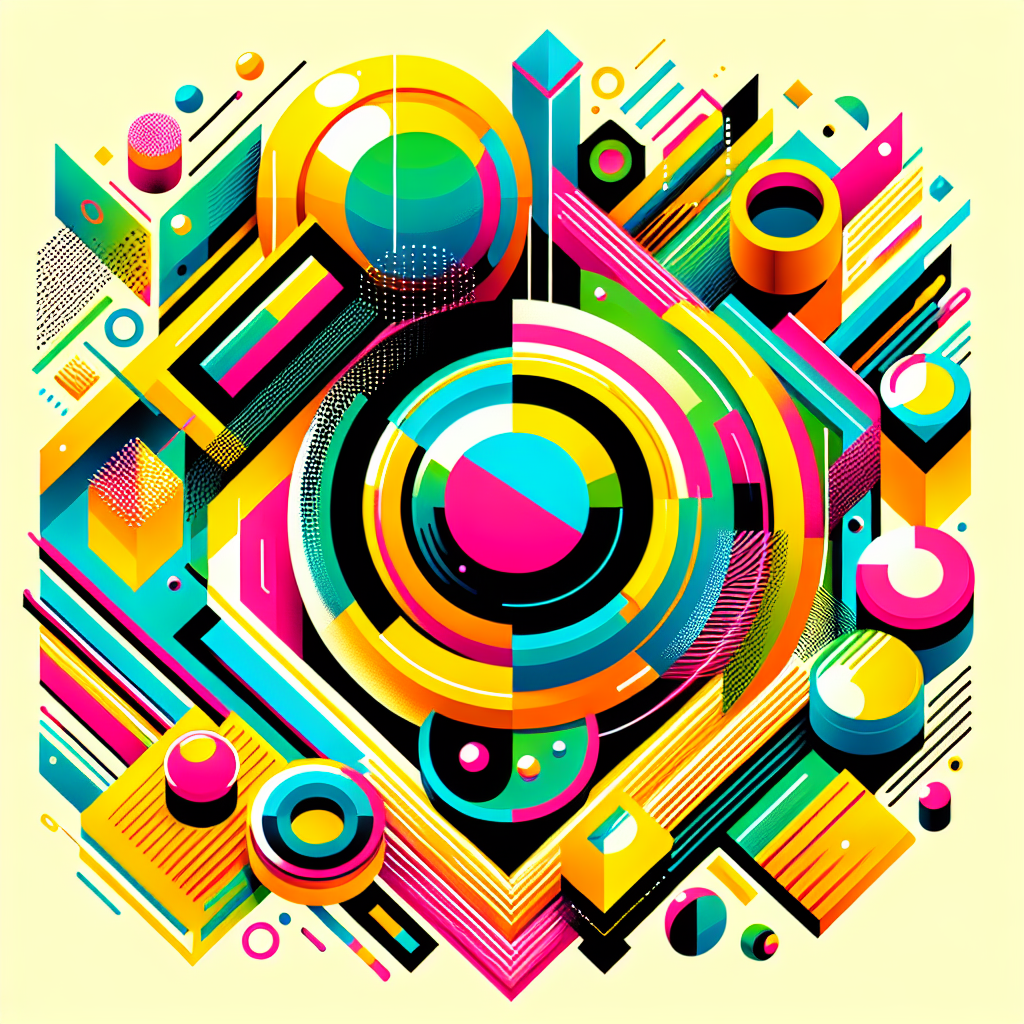
Unlocking the Future: What is a DAO?
As we stand on the precipice of a new digital era, the concept of Decentralized Autonomous Organizations (DAOs) is stirring a revolution across industries. While traditional organizations operate under hierarchical structures, DAOs leverage blockchain technology to enable community-driven decision-making and governance. This shift mirrors the broader transformations within the Web3 ecosystem—a decentralized web that redefines our interactions, financial systems, and ownership of digital assets.
Innovative Developments & Emerging Technologies
Web3 is thriving with advancements that are not just fascinating but also groundbreaking. Protocols such as Ethereum 2.0 have enhanced the scalability and efficiency of blockchain networks, paving the way for a greater number of decentralized applications (dApps). New frameworks like Polkadot and Cosmos enable interoperability between blockchains, further uniting the fragmented landscape of decentralized finance (DeFi) and NFT marketplaces.
Moreover, the integration of artificial intelligence (AI), virtual reality (VR), and augmented reality (AR) within Web3 underscores an exciting convergence of technologies. These tools allow for immersive digital experiences, shaping new methods of interaction within the metaverse. Companies like Decentraland and The Sandbox are creating virtual worlds where users can own land, trade assets, and even attend events—all powered by blockchain technology.
Blockchain and Crypto in the Mainstream
No longer relegated to niche areas, cryptocurrencies and blockchain technology are mainstream phenomena. Institutions are investing heavily, buoyed by the increasing acceptance and utility of digital assets. A recent report by CoinTelegraph highlights how companies like Tesla are accepting Bitcoin and how traditional financial institutions are exploring the implications of blockchain for secure transactions and record-keeping. Decentralized platforms, emphasizing transparency and user control, are redefining trust in business models, positioning users as stakeholders rather than mere consumers.
Take, for instance, DAOs like MakerDAO, which allows holders of its token to participate in governance decisions, influencing everything from monetary policy to risk management. These community-driven platforms bring liquidity and efficiency to the financial landscape, evident in the rising popularity of DeFi projects where users can earn interest on crypto holdings or take out loans in a decentralized manner.
Web3 and Gaming
The gaming sector is perhaps one of the most vibrant arenas for Web3 innovation. Games like Axie Infinity have utilized NFTs to create new economic systems—players can earn, trade, and sell in-game assets, blurring the lines between gaming, investment, and social interaction. The Sandbox allows players to create, own, and monetize their gaming experiences, leveraging the power of decentralized ownership to reward creativity and community engagement.
As we look toward the future, the integration of blockchain in gaming will continue to flourish. The potential for cross-game assets and shared economies invites developers to innovate and create immersive experiences that resonate with players on a new level, proving that gaming is no longer just entertainment but can also be a viable economic avenue.
The Role of Decentralized Autonomous Organizations (DAOs)
DAOs are redefining governance within the Web3 framework. By removing intermediaries and enabling collective decision-making, DAOs allow participants to engage meaningfully in the management of their digital assets and community resources. Platforms like DAOstack empower communities to create objectives, allocate funds, and vote on proposals transparently and efficiently.
DAOs also raise interesting questions about the future of work and governance. As they evolve, we might witness a model where individuals contribute to projects based on skills and interests, reimagining job roles and compensation structures. Teams are no longer confined by geography; instead, they can connect through shared values and goals, independent of traditional job market constraints.
A Vision for the Future
The future of Web3 is not just about technology—it’s about rethinking our societal structures. As decentralized technologies continue to evolve, we can foresee a world where our digital identities are sovereign, and our interactions are governed by smart contracts that ensure fairness and transparency. The metaverse could emerge as a space for unprecedented digital experiences, blending commerce, community, and creativity.
We stand at the potential dawn of an ownership revolution—one where creators directly benefit from their work without intermediaries siphoning profits away. NFTs are evolving beyond art, entering realms of real estate, music, and entertainment, promising digital ownership models where every transaction is traceable, secure, and verifiable.
Looking Ahead
As we unlock the future of DAOs and the broader Web3 landscape, the implications are vast. Industries from finance to art, gaming, and beyond will continue to embrace decentralized platforms and technologies. The importance of staying informed and engaged with emerging projects cannot be understated as we each have a role in shaping this future.
To remain part of this evolving ecosystem, delve into the offerings of pioneering platforms, explore case studies of transformative projects, and join communities that resonate with your interests. The next era of the internet is here—a decentralized one that beckons us all to participate and envision possibilities yet to come.
For more insights about the latest trends and developments, check out resources from CoinDesk, CoinTelegraph, and The Block. The evolution of Web3 is happening now—are you ready to unlock the future?

